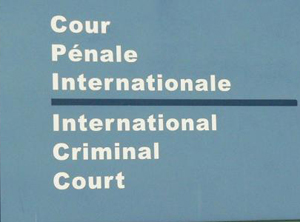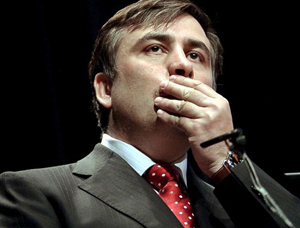Roman Apakidze
 Everybody expected the Heidi Tagliavini report to encourage opposition parties to start new protest rallies in Georgia; however, it did not happen. Every opposition party used the report to criticize the government of Georgia and they requested snap presidential elections several times; nevertheless, even the most radical opposition parties did not or could not use the report for launching new wave of protest rallies.
Everybody expected the Heidi Tagliavini report to encourage opposition parties to start new protest rallies in Georgia; however, it did not happen. Every opposition party used the report to criticize the government of Georgia and they requested snap presidential elections several times; nevertheless, even the most radical opposition parties did not or could not use the report for launching new wave of protest rallies.
The report was more important and interesting for the international community – our European friends express their discontent about negligence of the Georgian and Russian sides to start investigation on the crimes committed in August of 2008. They wish international investigation team started investigation on those facts. Similar decision leads us to The Hague Court and it is not excluded that people sitting in the armchairs of presidents and ministers now might soon replace in the armchairs at the International Court.
“Assembly of the Council of Europe calls upon the prosecutor of the International Criminal Court to start preliminary discussion of the case and investigate all the crimes committed against humanity during the military operations in August of 2008 and to investigate the war results,” stated the resolution N 1683 of the CoE “One Year After Russian-Georgian War.”
Resolution was sent to the International Criminal Court of Hague on September 29. It will be soon reported whether the Court will accept the suit or not. Only after that, we will see whether the governmental officials of Georgia and Russia will have to appear before The Hague Court or not. It must be noted, that Russia has not joined the Hague agreement, while Georgia is entitled to provide the investigation team with all necessary information and to create corresponding conditions for their activities. Consequently, negligence to the investigation by Georgian side, which is mentioned in the resolution of the CoE, might result in criminal liability of certain officials.
There is an assumption that opposition parties are waiting for The Hague Court to accept the appeal. The government is making “self-defensive statements” in advance. The President of Georgia started to speak about the part of Tagliavini Report which states “Russia started the war long before August 7, 2008 and Georgia decided to start military operations only after the hired soldiers and regular army of Russia entered Georgian territory.” This part of the report allowed Saakashvili to state that if the country faces similar situation in future, he will order to open fire again. “I do not regret at all and I am proud of what happened. So, nobody should teach us lessons. We did as France, England and Germany would have done in similar situation,” said the president on September 2. Another point is that president of Georgia does not act according to his statements. The government of Georgia almost every day speaks about the introduction of additional military forces by Russia in conflict zones (the recent statements of governmental officials about additional military forces in Gali district); however since August nobody has ordered to open fire.
Representatives of the opposition parties state the resolution of the CoE demonstrates devaluation of Saakashvili as a politician to the western partners. Experts think having appealed to the Hague Court, Europe has obtained a new tool to control Saakashvili. It is difficult to say how correct this opinion is, because European states still continue to support Russia, at least financially. Journalist Koba Liklikadze wrote in his article “Tagliavini Commission Report Awakens an Extinct Protest Volcano in Georgia” pointed out that “Germany and other E.U. states have continued their economic support for Georgia’s post-war recovery and democratic reforms. Georgia has received a total of $900 million in IMF credit since the war with Russia.”
It must be noted that western media reported several times that Europe does not identify government of Georgia with Georgia and we should not think that EU states support the government.





